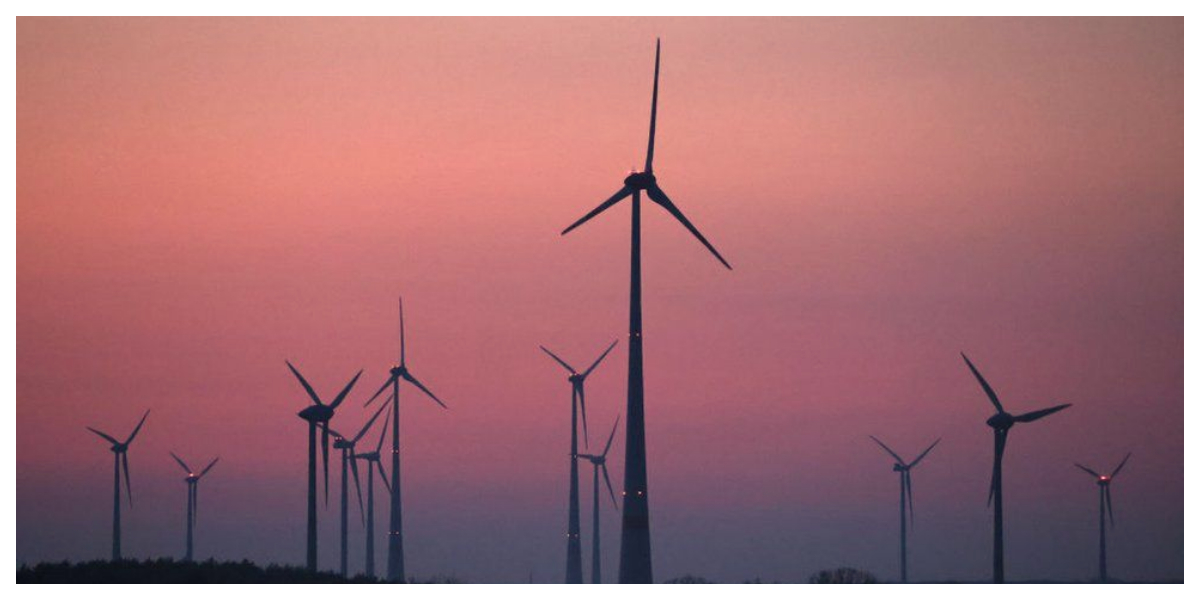IPCC experts advise now or never to limit warming

IPCC experts advise now or never to limit warming
- IPCC: “Now or never” time to take action to curb global warming.
- Global warming must stay below 1.5C this century.
- Carbon emissions must be lowered “rapidly”
IPCC has issued a dire warning to the scientific community that “now or never” is the time to take action to curb global warming.
UN scientists announced a proposal to reduce climate change’s core causes.
A major UN committee says CO2 emissions must be lowered “rapidly, deeply, and immediately”
Read More: CO2 level on Earth has reached a new climate milestone
After a contentious approval process, the IPCC published its recommendations.
With all carbon-cutting strategies adopted by 2020, the globe will warm by 3.2C this century.
“Some government and business leaders are saying one thing – but doing another. Simply put, they are lying. And the results will be catastrophic.”
That sort of temperature rise would see our planet hit by “unprecedented heatwaves, terrifying storms, and widespread water shortages”.
Hence, researchers say global warming must stay below 1.5C .
Keeping temperatures down will need big changes in energy, industry, transport, consumption, and natural treatment.
To stay below 1.5C, all carbon emissions must peak by 2025 and decline quickly, reaching net-zero by mid-century.
Read More: Microbe-based faux beef could save forests, slash CO2
1.5C warming requires negative emissions or carbon dioxide reduction after 2050.
New and pricey technology makes this problematic.
Some IPCC members are skeptical about these techniques.
“The idea of quick emissions reductions and large negative emissions technologies are a concern,” said Prof Arthur Petersen, from UCL, who was an observer in the approval session.
Read More News On
Catch all the Business News, Breaking News Event and Latest News Updates on The BOL News
Download The BOL News App to get the Daily News Update & Live News.